Latest News: Forex

Sources say the Modi government has become uncomfortable with using yuan for settlement, while refining sources said settlement in yuan also increases Indian traders' costs
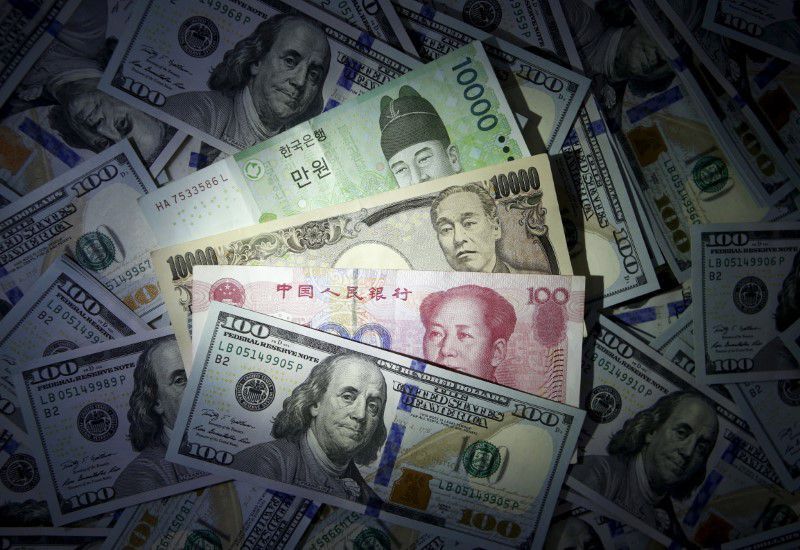
Foreign exchange reserves across the region have taken a hit as central banks grapple with strong greenback and China's defence of its yuan

Putin’s trip comes at a crucial time for China’s Xi, who is also likely to meet with US President Joe Biden next month
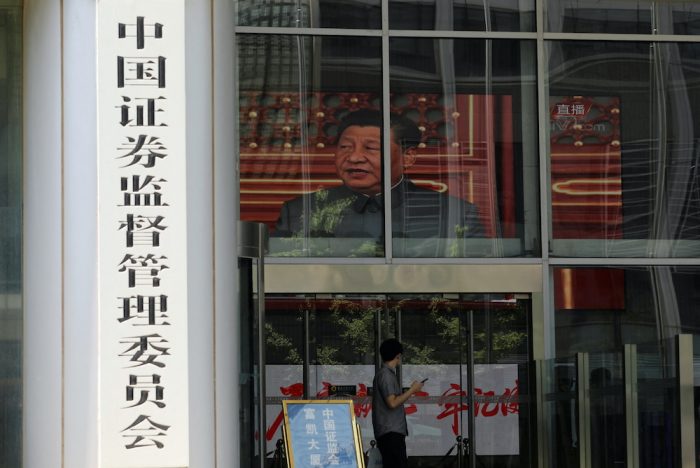
CSRC seeks to bolster the yuan by imposing a ban on local brokerages and their units overseas from opening accounts for new clients wanting to trade offshore
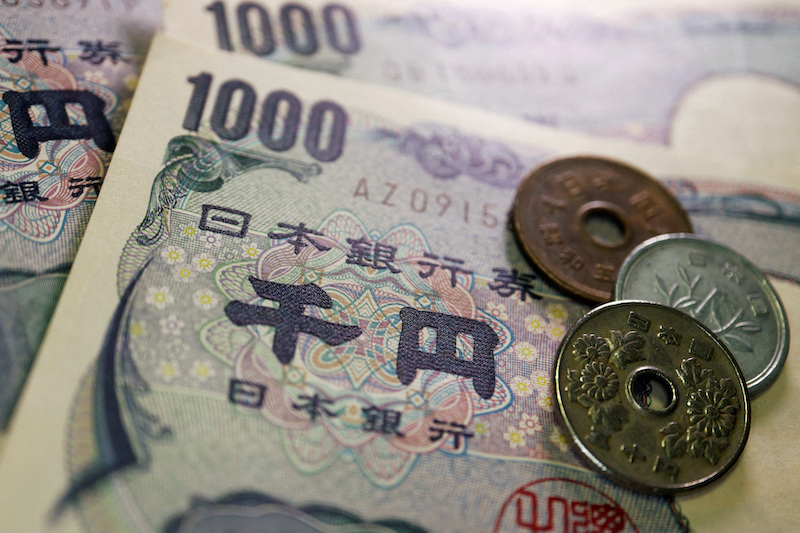
Tokyo said it was ready to take any action if the yen’s instability carries on much longer – even though some analysts doubt whether they can make a difference
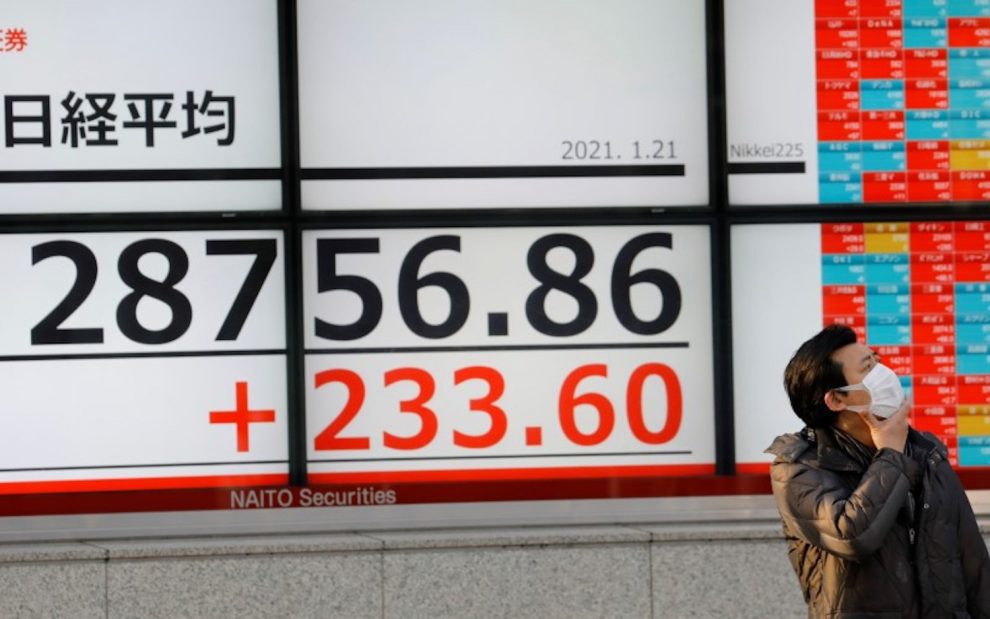
China’s blue-chip dipped 0.8%, with Hong Kong’s Hang Seng and the ASX in Sydney both tumbling 1.3%, while the BSE Sensex in Mumbai was also down 0.85%.

Over 160 companies have lost their licences to exchange money since the coup in Myanmar for failing to adhere to the central bank's official exchange rate, while a notoriously rich general has been ousted
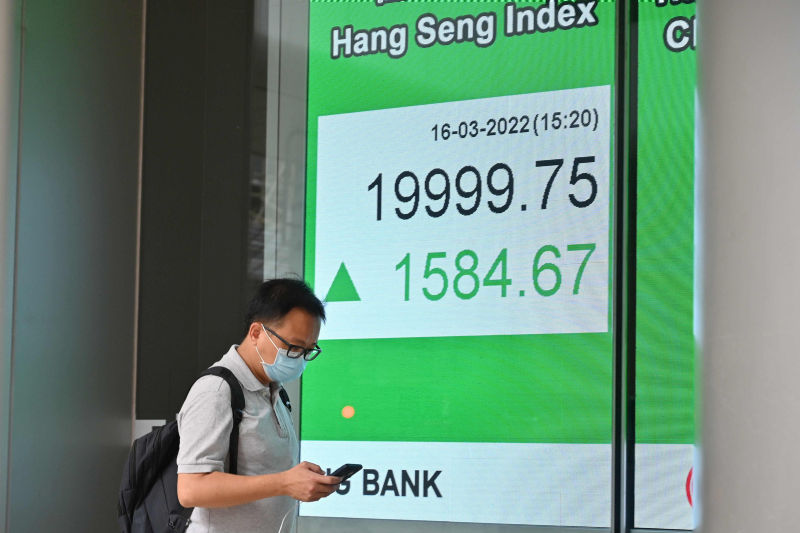
Tokyo, Hong Kong, Shanghai, Sydney, Mumbai and Singapore, all dropped on Wednesday, as did the smaller regional markets in Wellington, Manila, Taipei and Bangkok.
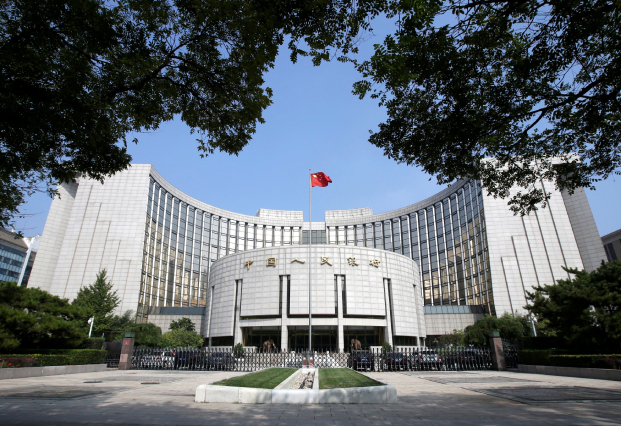
Recent data suggests the Chinese economy is finding its footing after a sharp slowdown, while yuan declines have reduced the need for authorities to chop interest rates to prop up growth

Official data on Friday showed industrial output rose by 4.5% in August, while retail sales were up by a similar amount, but analysts say serious property easing is needed to deliver a real recovery
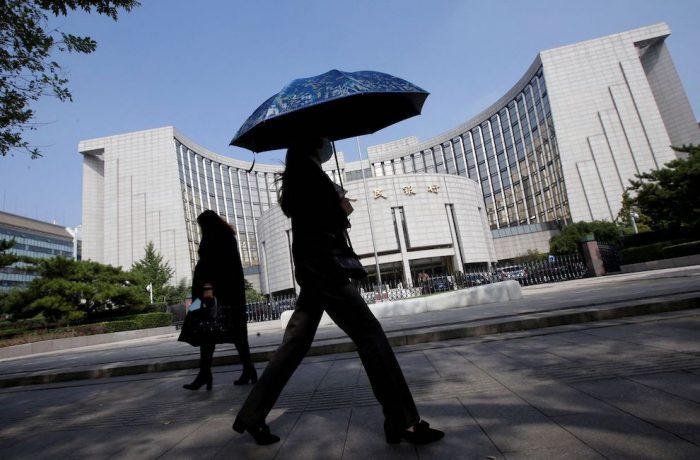
A survey of market watchers has forecast that the PBOC will boost liquidity this week, but keep policy loan rates unchanged
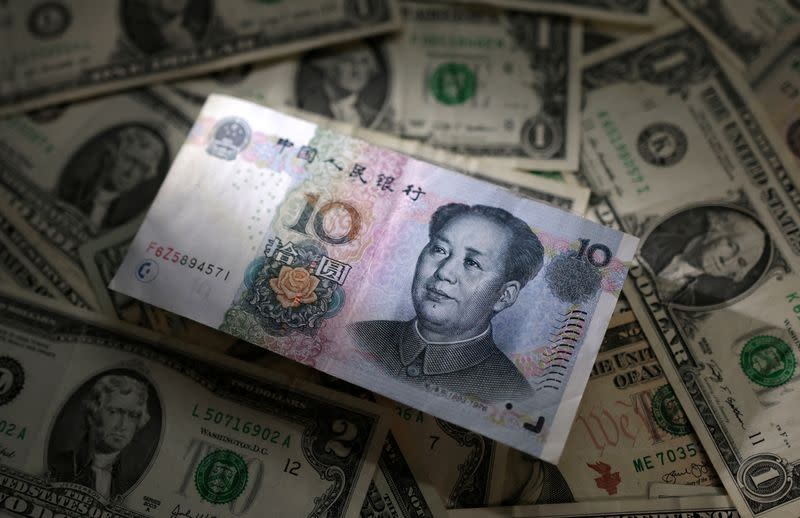
The Chinese yuan has fallen by about 6% against the US dollar so far this year, a level not seen since the 2008 global financial crisis
AF China Bond
- Popular














